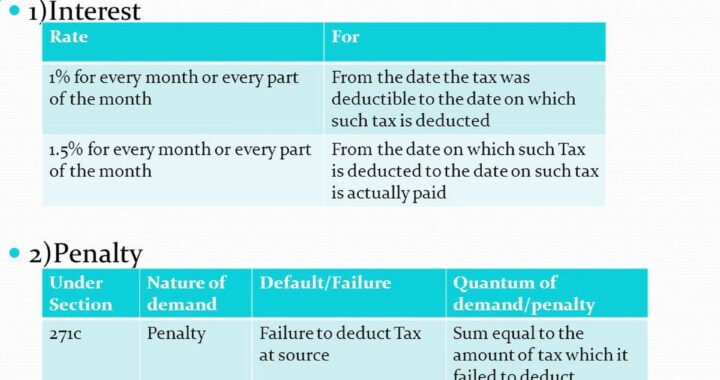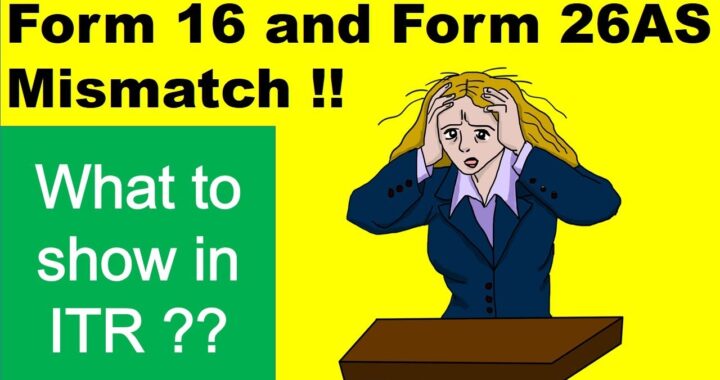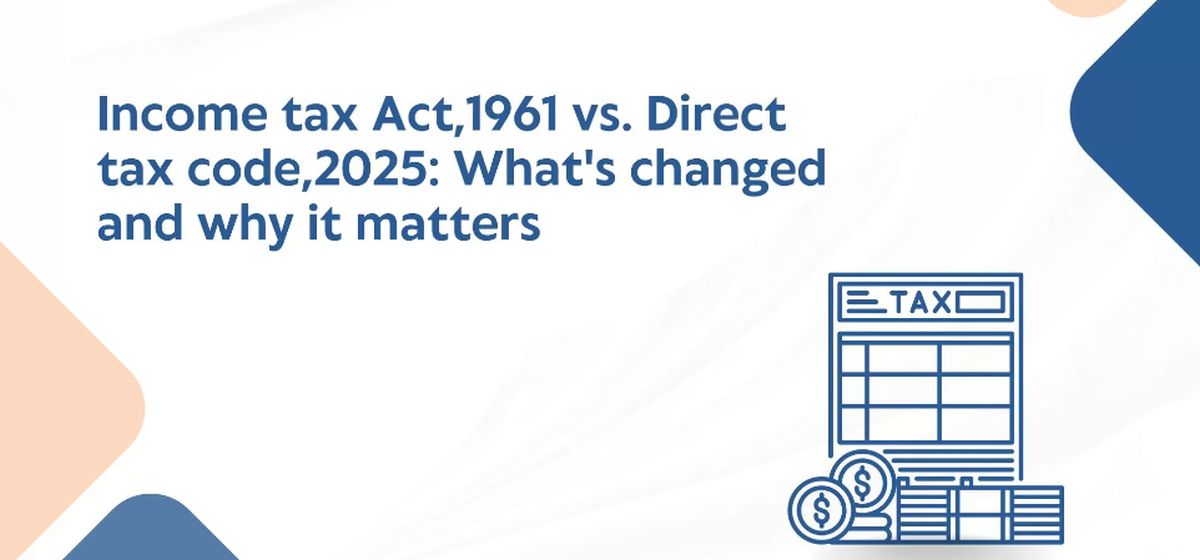Lawful tax planning does not amount to an offence
 Tax evasion is an offence and should always be avoided. A tax planning till it is lawful does not only reduce the tax burden of a tax payer but also makes him to be called a “good planner”. Tax planning, if lawful, does not amount to an offence.
Tax evasion is an offence and should always be avoided. A tax planning till it is lawful does not only reduce the tax burden of a tax payer but also makes him to be called a “good planner”. Tax planning, if lawful, does not amount to an offence.
But any scheme made for the purpose of tax avoidance crossing the line of tax planning becomes void for tax purposes, goes beyond legality and becomes an offence which is punishable in law. In such cases consequences arise for advisers and the said taxpayers.
The Hon’ble Karnataka High Court in Bhoruka Engineering Inds. Ltd. vs. DCIT (Karnataka High Court-IT) in Appeal No. 120 of 2011 in a judgment dated 9.4.13 held that tax planning can be legitimate if it is within the periphery of law.
Brief facts of the case:
The assessee is a private company having shares quoted in the stock exchange. The assessee had 98.73% shares in another group company, BFSL for many years. BFSL purchased 15 acres of land for Rs. 3.75 crores from another company, BSL. Thereafter, the assessee sold their shares in BFSL to DLF Commercial Developers Limited for Rs. 89, 28, 36,500/- after paying all incidental taxes including assessee’s share of Rs. 20,29,08,626/-
The assessee asked for relaxation on sale of shares from taxes under Section 10 (38) of the Income Tax Act. The assessing authority charged tax for gain arising due to sale of the shares as short term capital gain and held that the transaction amounted to sale of the immovable property to DLF and the sale of shares was for escaping taxes. The Assessing Officer held that the shareholders of BFSL through sale of shares to DLF transferred the immovable property to DLF and it was a short term capital gain.
In an appeal to CIT (A) and Tribunal, it was decided in favor of revenue stating that the transaction was liable to tax on the short term capital gains for sale of immovable property.
Arguments on behalf of the Revenue:
The Revenue argued that the series of transactions were a scheme to transfer immovable properties to DLF without attracting any tax liability. It was contended that the purpose of the said transaction was to avoid tax and the authorities have rightly determined the fact.
Arguments on behalf of the assessee:
It was argued on behalf of the assessee that the assessee was only a shareholder in BFSL and was not the owner of the immovable property. It transferred his shares for Rs.4, 490/- per share. The income from the sale does not fall within the total income of the assessee as per Section 10(38) of the Act.
All the events are perfectly legal and are not disputed by the department. The authorities were wrong in their findings and thus the order needs to be set aside and the assessee is entitled to get benefit of Section 10(38) of the Act.
The decision:
Any person can legitimately take the advantage of any provision in his favor in the taxing statutes. His legal right to dispose his assets for fetching the least amount of tax is legal. If the shareholder transfers the land to the purchaser of the shares, it is a valid legal transaction and only because the same avoids payment of tax, it cannot be referred to an unreal transaction.

 Can an assessee pay House Rent to his parents and claim relief? Would there be any legal complications?
Can an assessee pay House Rent to his parents and claim relief? Would there be any legal complications?  Boost Your Business & Reduce Taxes: A Guide to Maximizing Benefits Under Section 80JJAA
Boost Your Business & Reduce Taxes: A Guide to Maximizing Benefits Under Section 80JJAA  What is remedy to taxpayer if the Tax deductor fails to deposit the TDS or fails to file TDS Return
What is remedy to taxpayer if the Tax deductor fails to deposit the TDS or fails to file TDS Return  What is Income Tax Liability on Income from trading in Future and Options
What is Income Tax Liability on Income from trading in Future and Options  The Importance of Filing Your Income Tax Return on Time: A Financial Must-Do
The Importance of Filing Your Income Tax Return on Time: A Financial Must-Do  Is Addition made by Assessing officer on basis of mismatch between AIR and F26AS Justified
Is Addition made by Assessing officer on basis of mismatch between AIR and F26AS Justified  Major Changes Expected in Direct Tax Code 2025 and why these matter
Major Changes Expected in Direct Tax Code 2025 and why these matter